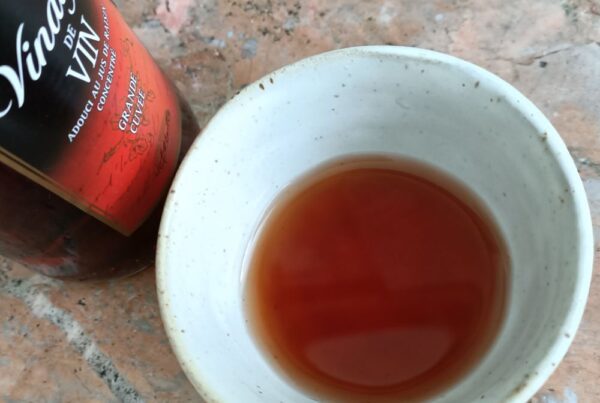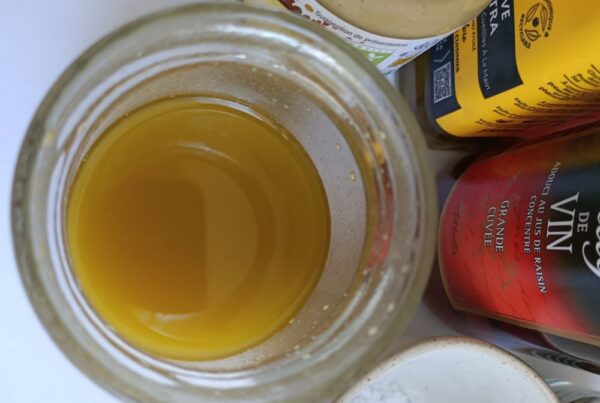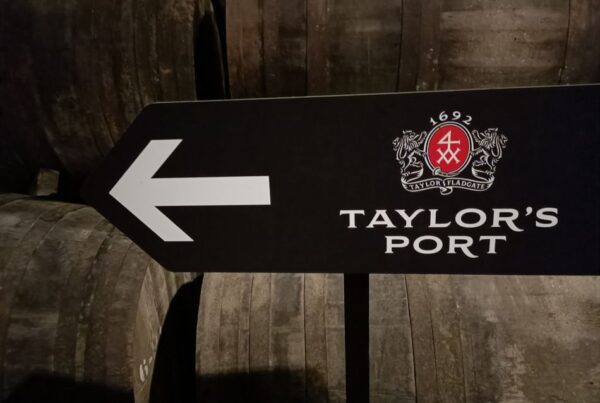If you’re a fan of Italian cuisine, you’ve probably heard of Bolognese sauce, a rich meat sauce that’s traditionally made with red wine.
As an experienced cook and wine expert, I love cooking with wine, especially red wine.
But what if you’re not a fan of red wine or you simply don’t have any on hand? Can you use white wine in Bolognese sauce?
Key takeaways:
- You can make Bolognese sauce with white wine. In fact, TV cook and British National Treasure Mary Berry says it is “correct” and Mary knows her stuff!
- That said, most of us are used to Bolognese recipes made with red wine. So, use whichever wine you prefer or have to hand.
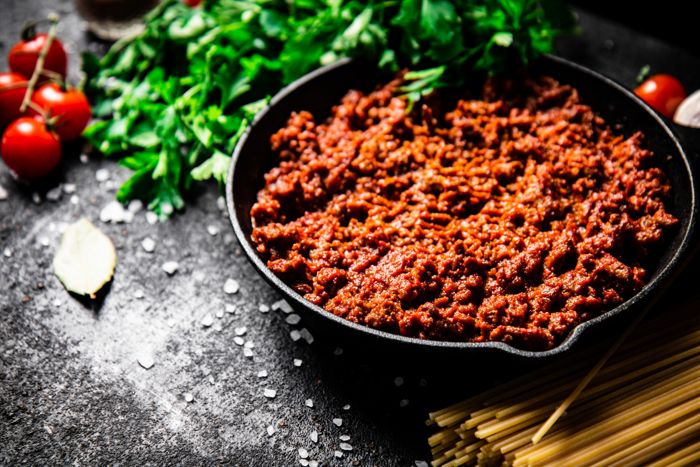
Contents
- 1 Understanding Bolognese Sauce
- 2 Red Wine vs. White Wine in Bolognese Sauce
- 3 Choosing the Right White Wine for Bolognese Sauce
- 4 How to Use White Wine in Bolognese Sauce
- 5 Tips for Making the Best White Wine Bolognese Sauce
- 6 Pairing White Wine Bolognese Sauce with Pasta
- 7 Bolognese wine pairings
- 8 Serving White Wine Bolognese Sauce
- 9 FAQs
- 10 Conclusion
Understanding Bolognese Sauce
Bolognese sauce, also known as ragù alla Bolognese, is a meat-based sauce that originated in Bologna, Italy.
It’s a thick and hearty sauce that’s typically made with ground beef or pork, onions, garlic, carrots, celery, tomato paste, and red wine.
The sauce is cooked low and slow for several hours to allow all the flavors to mix and develop.
Red Wine vs. White Wine in Bolognese Sauce
Traditionally, Bolognese sauce is made with red wine, which adds depth and richness to the sauce. Red wine also helps to break down the meat and create a tender texture.
However, some recipes call for white wine instead of red wine. While white wine doesn’t always have the same depth and richness as red wine, it can still add a bright and acidic flavor to the sauce.
White wine is also a great option if you’re looking for a lighter sauce or if you don’t have any red wine on hand.
Choosing the Right White Wine for Bolognese Sauce
If you decide to use white wine in your Bolognese sauce, it’s important to choose the right wine. If possible, use a dry white wine that’s not too sweet or fruity.
Some good options are dry white wines like Pinot Grigio, Sauvignon Blanc or Chardonnay. These wines have a crisp and acidic flavor that pairs well with the richness of the meat sauce.
How to Use White Wine in Bolognese Sauce
To use white wine in Bolognese sauce, simply substitute it for the red wine in your recipe. Use about the same amount of white wine as you would red wine.
White wine may not have the same depth of flavor as red wine, so you may need to adjust the other flavors in your recipe to compensate.
Tips for Making the Best White Wine Bolognese Sauce
To ensure the best results for making Bolognese sauce with white wine:
- Use a dry white wine like Pinot Grigio or Sauvignon Blanc.
- Adjust the other flavors in your recipe to compensate for the lighter flavor of the white wine.
- Add a splash of cream or milk to the sauce to balance the acidity of the white wine.
- Cook the sauce low and slow to allow the flavors to develop.

Pairing White Wine Bolognese Sauce with Pasta
White wine Bolognese sauce pairs well with a variety of pasta shapes, such as spaghetti, fettuccine, and penne.
It is lighter than traditional red wine Bolognese sauce, so you may want to choose a lighter pasta shape like angel hair or linguine.
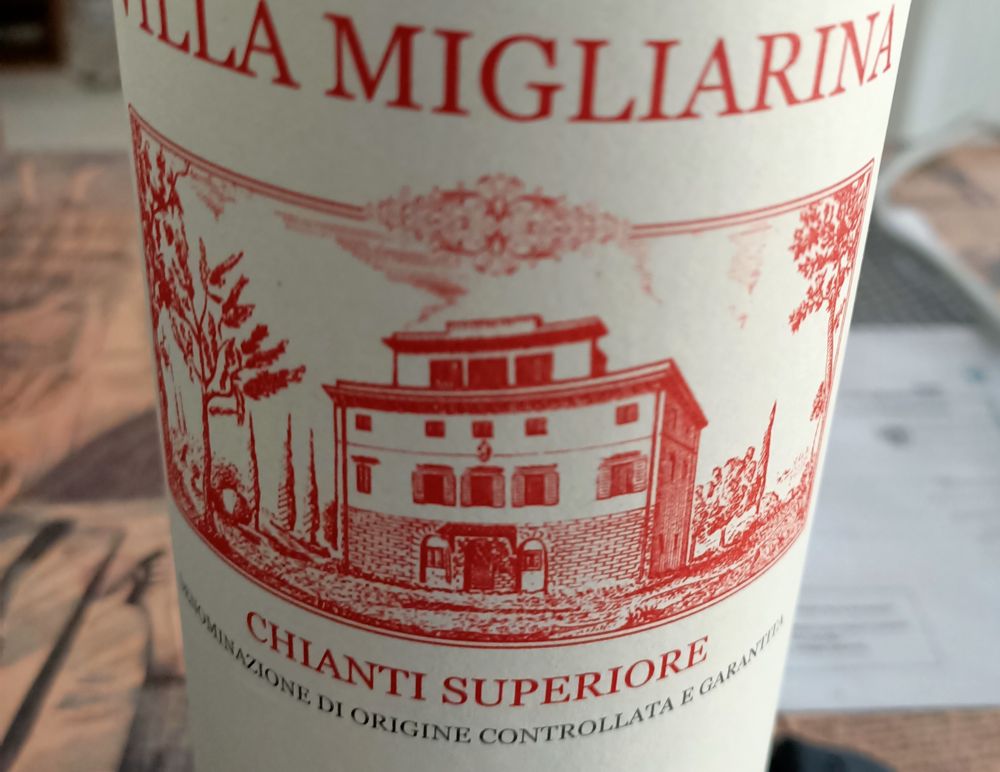
Bolognese wine pairings
When it comes to wine pairings for bolognese, choose a wine that can stand up to the bold flavors of the sauce while complementing its richness.
If you are using a dry white wine to make the bolognese, you can pair your bolognese with it.
If you prefer to drink a red wine with your bolognese, there are lots of good options.
Red wine pairing suggestions for bolognese sauce:
Chianti
This Italian red wine is a classic pairing for tomato-based sauces, making it a great match for bolognese.
The acidity and tannins in the wine help to cut through the richness of the sauce, while its fruity notes complement the tomato flavor.
Barolo
If you’re looking for a full-bodied and complex red wine, Barolo is a great choice. This Italian wine has flavors of dark fruit, cherry, tobacco, and leather that pair well with the savory flavors of bolognese.
Montepulciano d’Abruzzo
This medium-bodied Italian red wine has notes of dark plums, cherries and spice that will complement your bolognese.
Its acidity will help to cut through the richness of the sauce, while the smooth tannins wash down well with the meaty flavors.
Serving White Wine Bolognese Sauce
Serve white wine Bolognese sauce with freshly grated Parmesan cheese and chopped fresh herbs like parsley or basil.
You can also serve it with a side salad and/or garlic bread.
FAQs
What can I substitute white wine in Bolognese with?
If you don’t have white wine, use red wine or another alcohol with the equivalent amount of alcohol to wine.
Another substitute for white wine is to use another acidic ingredient, such as vinegar or lemon juice. A final option is to use grape juice or apple juice with a squeeze of lemon.
For more information on substituting white wine see our article on the best substitutes for white wine in cooking.
Why do you use white wine in Bolognese?
Using wine in cooking adds both acidity and dept of flavor to the dish. The acidity in the wine also helps to tenderize the meat.
See our Pinterest board for inspiration on how to make more delicious recipes that use wine.
Can you use Chardonnay for Bolognese sauce?
Yes, you can use Chardonnay to make Bolognese sauce and to drink with your meal.
Can I use any type of white wine in Bolognese sauce?
Ideally, use a dry white wine like Pinot Grigio or Sauvignon Blanc, but any white wine will do in a pinch.
Do I need to adjust the other flavors in my recipe if I use white wine instead of red wine?
Yes. White wine has a lighter flavor than red wine, so you may need to adjust the other flavors in your recipe to compensate.
Can you use white wine Bolognese sauce in lasagna?
Yes, you can use white wine Bolognese sauce to make lasagna.
How long do I cook white wine Bolognese sauce?
Cook white wine Bolognese sauce low and slow for several hours to allow the flavors to mingle and develop.
Conclusion
You can use white wine in Bolognese sauce if you prefer a lighter sauce or if you don’t have any red wine on hand.
Use a dry white wine like Pinot Grigio or Sauvignon Blanc and adjust the other flavors in your recipe to compensate for the lighter flavor.
Read with confidence: I am a certified wine expert (WSET L3).


